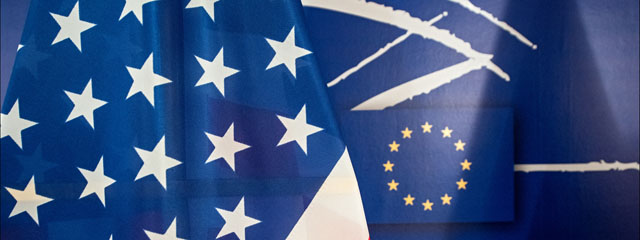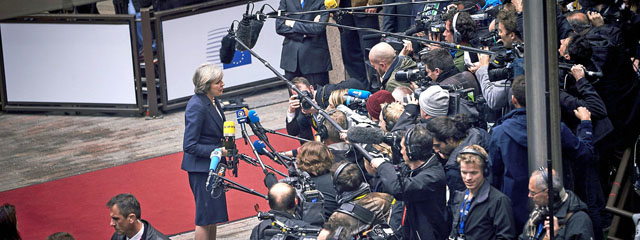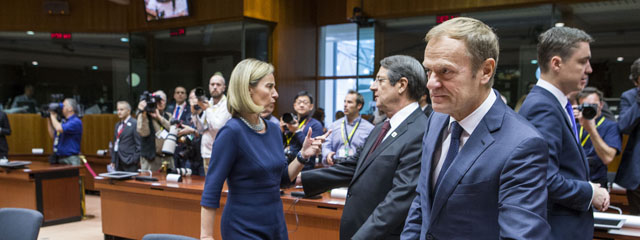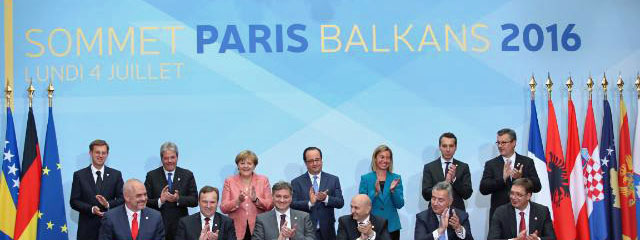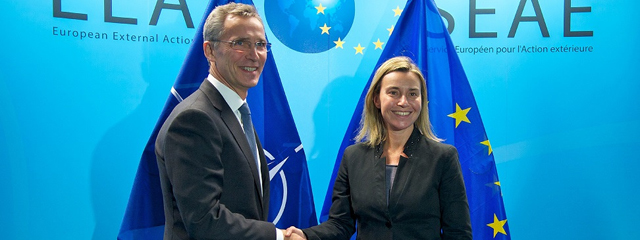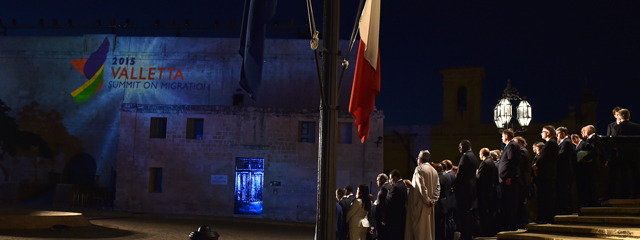Anthony Salamone Following the US elections, American foreign policy in Europe is set to enter a period of unpredictability, writes Anthony Salamone. He argues that the US government’s approach to Europe could vary from inert policy stability to more dramatic change in policy and priorities, and that the Trump presidency could be the first administration …
